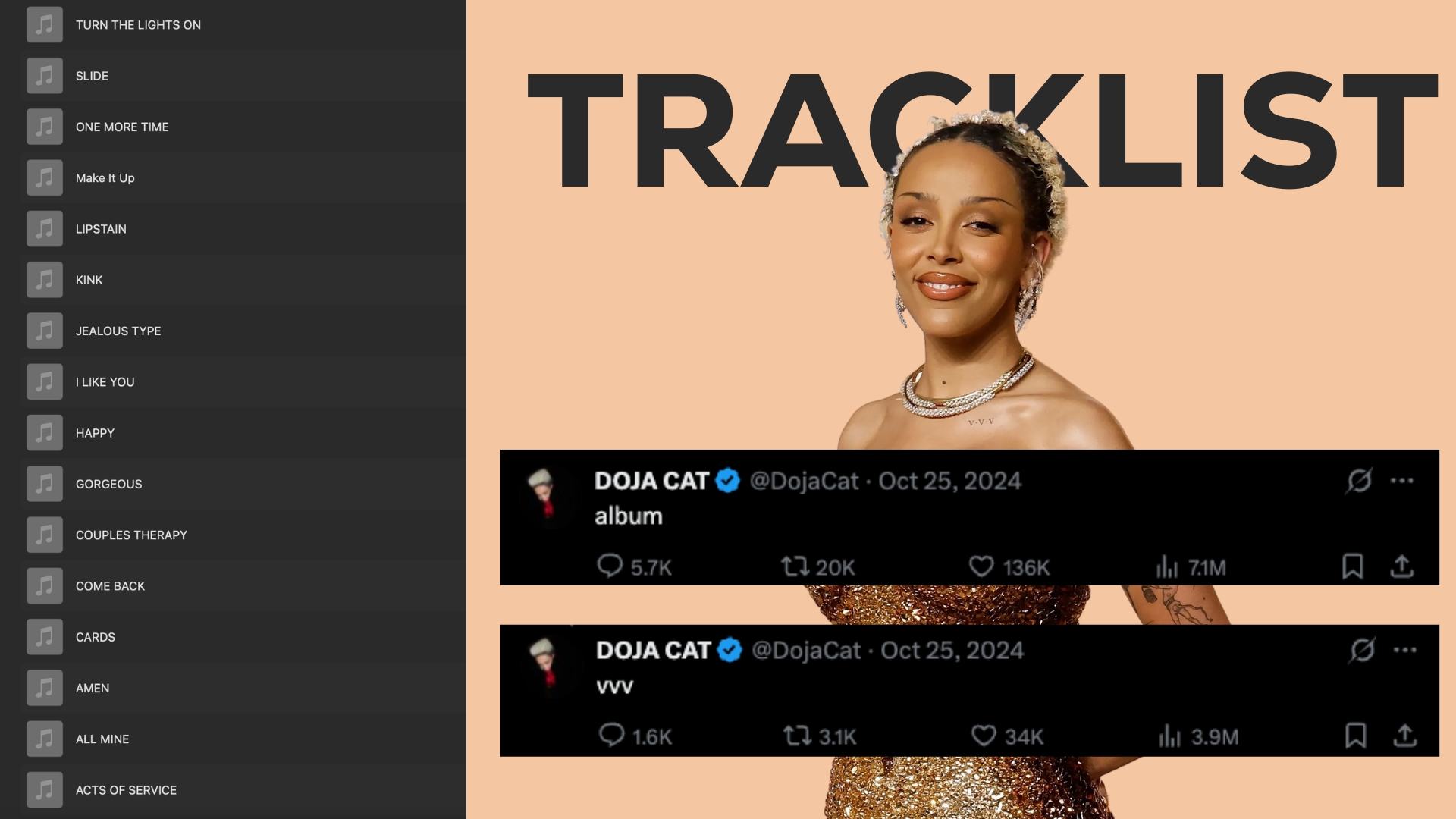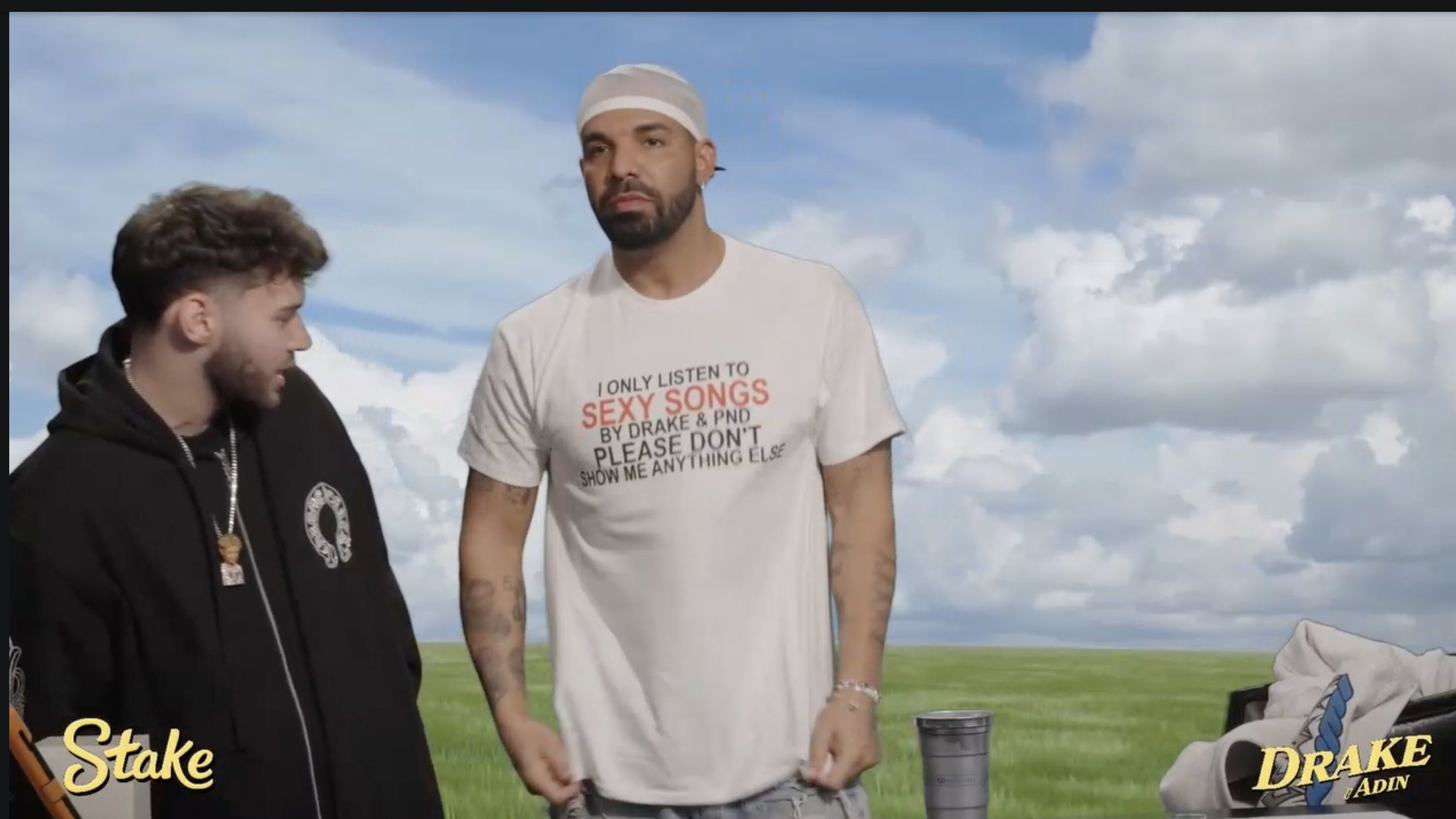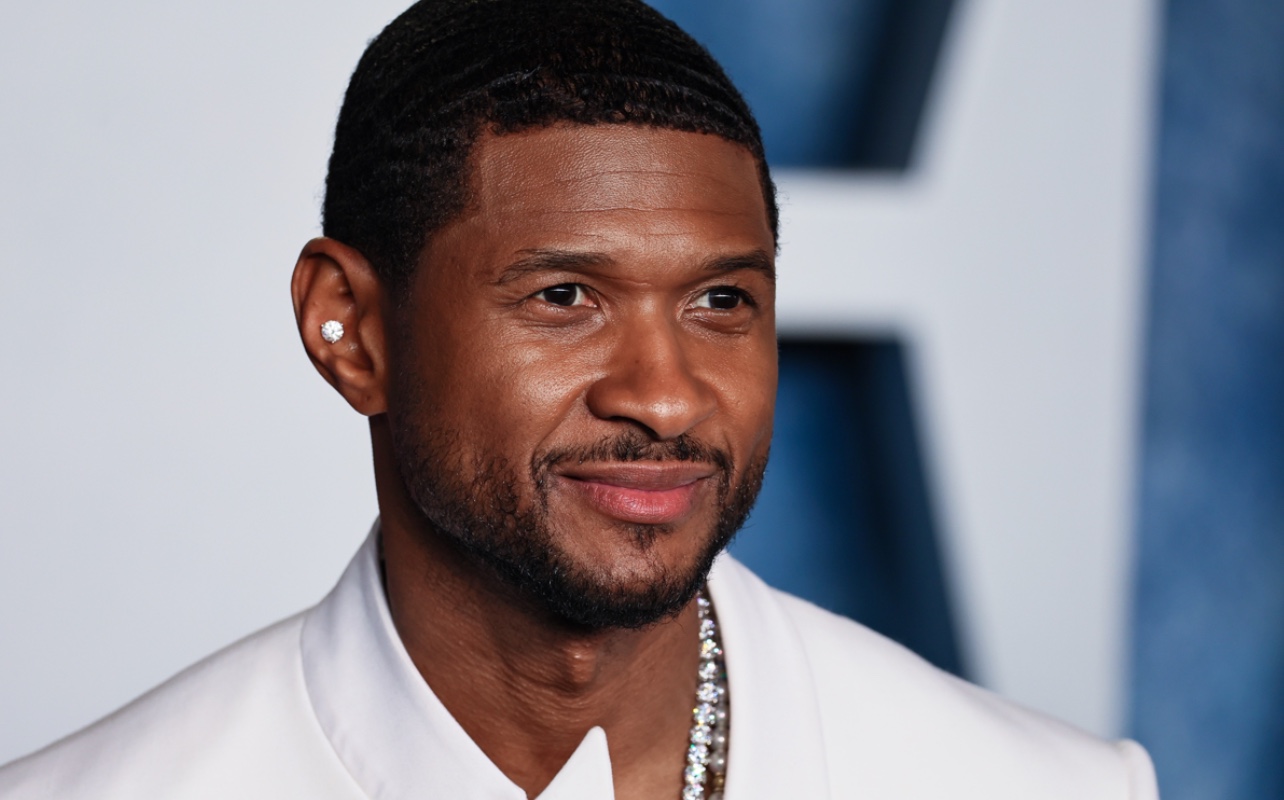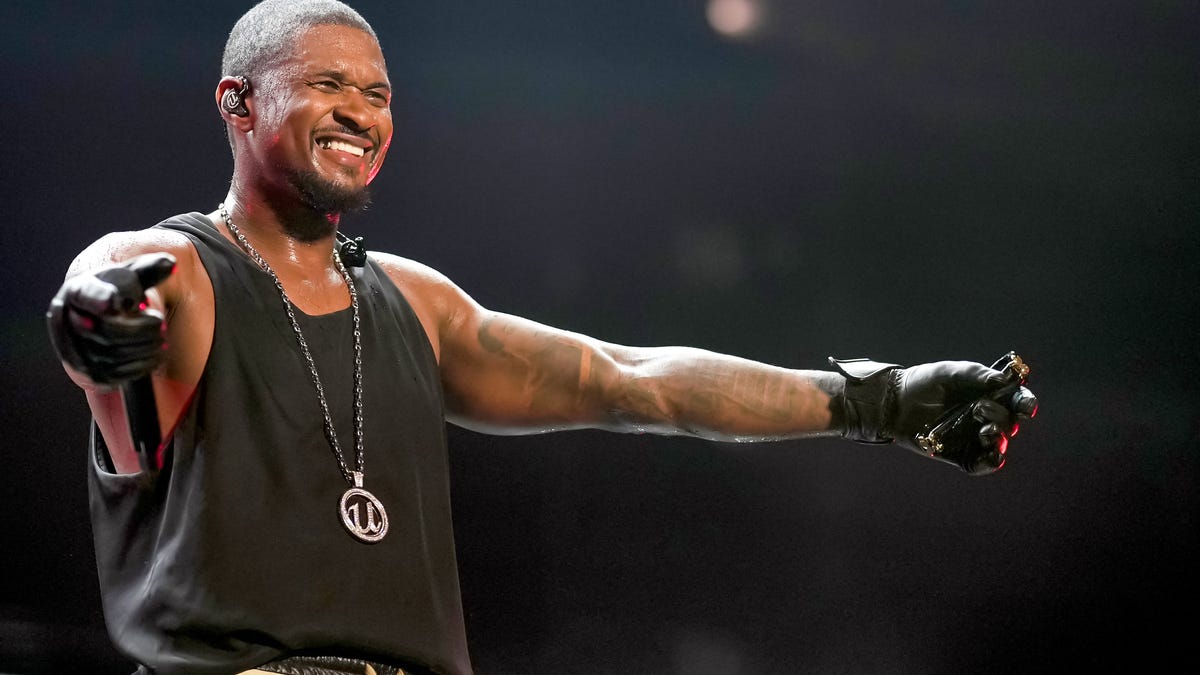Latest News
 BRAND NEW: Rob49 - WTHELLY #hot21radio
BRAND NEW: Rob49 - WTHELLY #hot21radio BRAND NEW: Sleepy Hallow - Girls like girls #hot21radio
BRAND NEW: Sleepy Hallow - Girls like girls #hot21radio BRAND NEW: Ari Lennox - Soft girl era #hot21radio
BRAND NEW: Ari Lennox - Soft girl era #hot21radio BRAND NEW: Pluto & YK Niece - Whim whamiee #hot21radio
BRAND NEW: Pluto & YK Niece - Whim whamiee #hot21radioWhy Hip Hop is a Great Hobby for College Learners #hiphop
 Doja Cat Teases Tracklist For Upcoming Album #DojaCat
Doja Cat Teases Tracklist For Upcoming Album #DojaCat Rap’s New Renaissance: Why Older Hip-Hop Artists Are Thriving #hiphop
Rap’s New Renaissance: Why Older Hip-Hop Artists Are Thriving #hiphop Post Malone Closes Coachella With Headlining Set Blending Hip-Hop and Country #hiphop
Post Malone Closes Coachella With Headlining Set Blending Hip-Hop and Country #hiphop Drake Confirms During Adin Ross Stream He’s Working On A New Solo Album #Drake
Drake Confirms During Adin Ross Stream He’s Working On A New Solo Album #DrakeHow to Watch Drake and Adin Ross' 'Stake vs. Drake and Ad... #Drake
R&B legend Usher gets candid: “Crying isn’t an option if you’re Black” #Usher
standarduk October 08, 2023
Usher 41

Ahead of his performance at the Super Bowl half-time show next year, the musician talks about the power of vulnerability, independence, and how America still mistreats Black people
iven his status as one of the most commercially successful artists of all time (with more than 100 million sales worldwide), it’s difficult to picture a scenario where – full name Usher Raymond IV – isn’t doing the two-step dance on a massive stage or flashing that trademark baby-faced grin to an endless crowd of adoring female fans. Essentially the Aristotle of baby-making music, Usher has been a dominant force on the charts for the best part of 30 years, with his angelic falsetto and ubiquitous hits (U Remind Me, My Way, Yeah) cementing the 44-year-old as both an archetype for the vulnerable contemporary male pop superstar and that rare Lothario who sounds endearing even when he’s singing syrupy harmonies (check 2023 single Boyfriend) about stealing your girlfriend. Yet things weren’t always so easy for this iconic singer and dancer. Usher recalls a childhood spent in Chattanooga, Tennessee: a place where, back in 1980 (less than two years after he was born), four Black women leaving a local nightclub were injured in a racially motivated attack by KKK members carrying out a drive-by shooting. “My parents tried to insulate me from experiencing the confining realities of being a Black person in the South,” Usher says when we sit down together the day after a gig in Paris, halfway through his residency there. “But I still remember those people who felt entitled to call me a n*****, and seeing the white kids enjoying favouritism from teachers during basketball games at school. “These are things that Black people still feel in America to this day,” he continues. “The entitlement to be racist goes all the way back to King Leopold II and the heinous reality of the colonisation of a continent that brought Black people over to America. No matter how much we claim there’s fair treatment of people of colour in America today: there still isn’t. Progress starts with a recognition of our history. We can’t truly move forward until we understand, and acknowledge, our past.” SPONSORED These experiences, which occurred decades before , are a powerful reminder of his humble beginnings and the relatable human being behind all those slow dance songs that were the soundtrack to so many first kisses. In Paris – where sold-out shows have incorporated sticky pole dancing, energetic roller skating, and the singer belting out 2004 hit Confessions while endless sweat dripped down his ripped torso – the softly spoken Usher I meet in a luxury apartment in the City of Love seems in a particularly reflective mood. “When I was growing up and wanted to become a vocalist, I would look through my mother’s cassettes and try to imitate the high pitch vocals of her favourite singers like Freddie Jackson and David Peaston,” he says, smiling. “Every day around the time we would be let out for school, the radio would play by Stevie Wonder, and I would run to the top of the hill so I got enough signal to listen. I would be in the streets dancing and popping, singing all Stevie’s lyrics at the top of my lungs. There was something special about the way that song made me feel.” The Raymond family moved to Atlanta, Georgia, when Usher turned 12, and two years later the teenager was signed by LaFace Records (also the home of TLC, OutKast, and Toni Braxton), where he was desperate to replicate the magic Stevie Wonder had made him feel. Yet the label didn’t instantly believe in this young singer, sending him off to New York City to become the mentee of Sean “P Diddy” Combs, who was then a fast-rising A&R for Uptown Records. Look closely at an of rap legends The Notorious B.I.G., Diddy, and 2Pac sharing a stage while performing the former’s breakout hit, Party & Bullshit, at the Palladium, and you can see a 14-year-old Usher dancing in the background among their chaotic posse. “I was just a kid from Tennessee, so experiencing was mind-blowing. Diddy was the one who taught me how to incorporate hip hop with R&B. Maybe 1994’s was too x-rated for a 14-year old to sing, but Diddy showed me I had to be more ratchet, and that kid who was unafraid to get into some shit. As hip hop and R&B merged, I guess I was the baby for the whole movement.” Usher feels revitalised as an independent artist Over subsequent years Usher perfected this formula, with now classic R&B records like 2001’s 8701 and 2004’s Diamond-selling Confessions solidifying him as one of the most recognisable pop stars on the planet. Yes, these projects were filled with infectious, bass-heavy slow jams, but central to their success was also Usher’s fearlessness around exorcising his demons and singing from a place of vulnerability; something he said he learned from a childhood spent in the church choir. On Confessions Part II he tenderly sang about cheating, that song’s protagonist agonising after getting a woman who is not his long-term girlfriend pregnant. On UK number one hit Burn, he belted out the purgative lyrics: “I’m twisted cause one side is telling Read more







